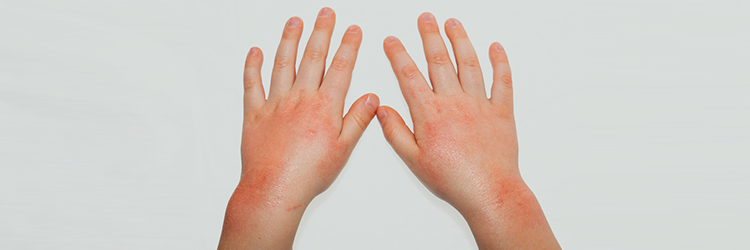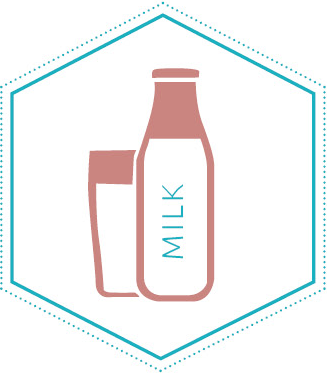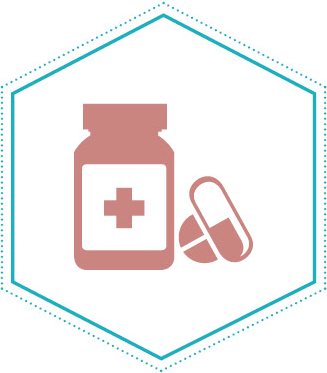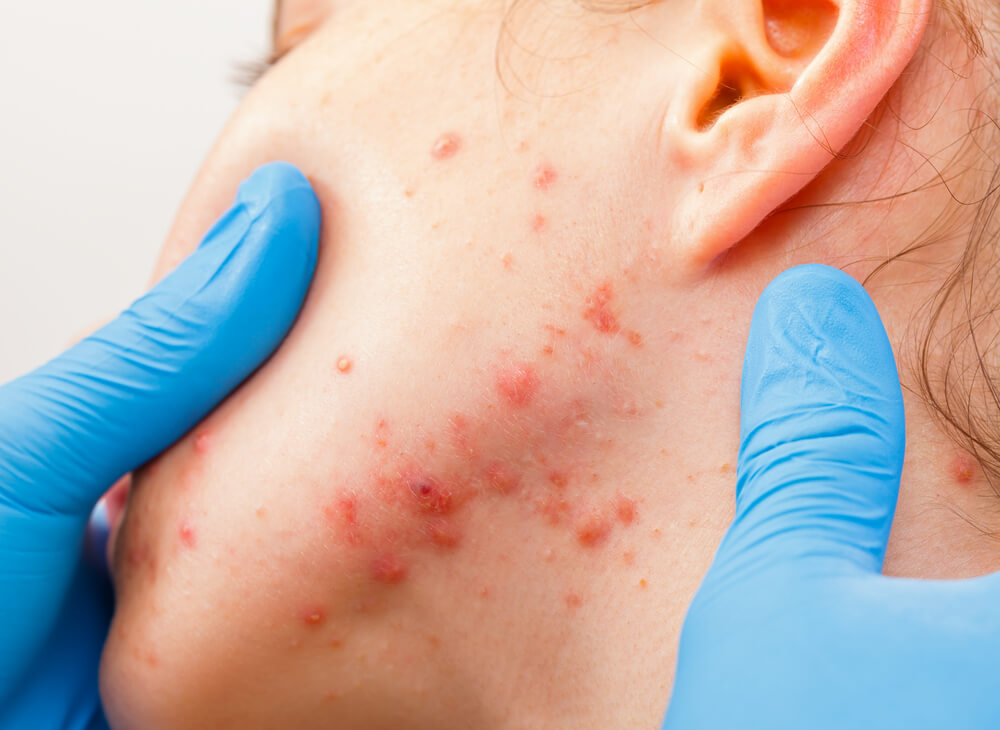Bumps, itching, redness and other skin conditions are the forms of skin allergy, inflammation of the skin. Skin allergies are caused by a wide range of allergens, including foods medication, cosmetics, and clothes.
Most common triggers :
Eczema and hives
Skin rash, hives, dermatitis and blisters
Skin rash, hives and tongue swelling
Skin rash, hives, dermatitis and blisters
Redness, itching, rash and eczema
Diagnosis :
- Personal/medical history: You will asked questions to get a complete understanding of your symptoms and their possible causes. Besides, there will be questions about your family history, your lifestyle and medicines you take.
- Physical exam: It will include examination of ears, eyes, nose, throat, chest and skin.
- Allergen’s test: Your doctor may conduct a skin test, patch test or blood test for allergen diagnosis.
Treatment and how to take control of skin allergies
- Over-the-counter antihistamine can help reduce the rash and itchiness of the allergic reaction.
- Cortisone cream help soothe skin irritation and must be followed by application of a gentle moisturiser or cold compress to protect the skin.
- Over-the-counter antihistamine can help reduce the rash and itchiness of the allergic reaction.
Signs of life-threatening skin allergy :
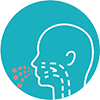




When to seek medical advice
Most skin allergic reactions don’t require medical attention. See your doctor if symptoms persist or worsen as the allergic reaction may be more than just a rash.

